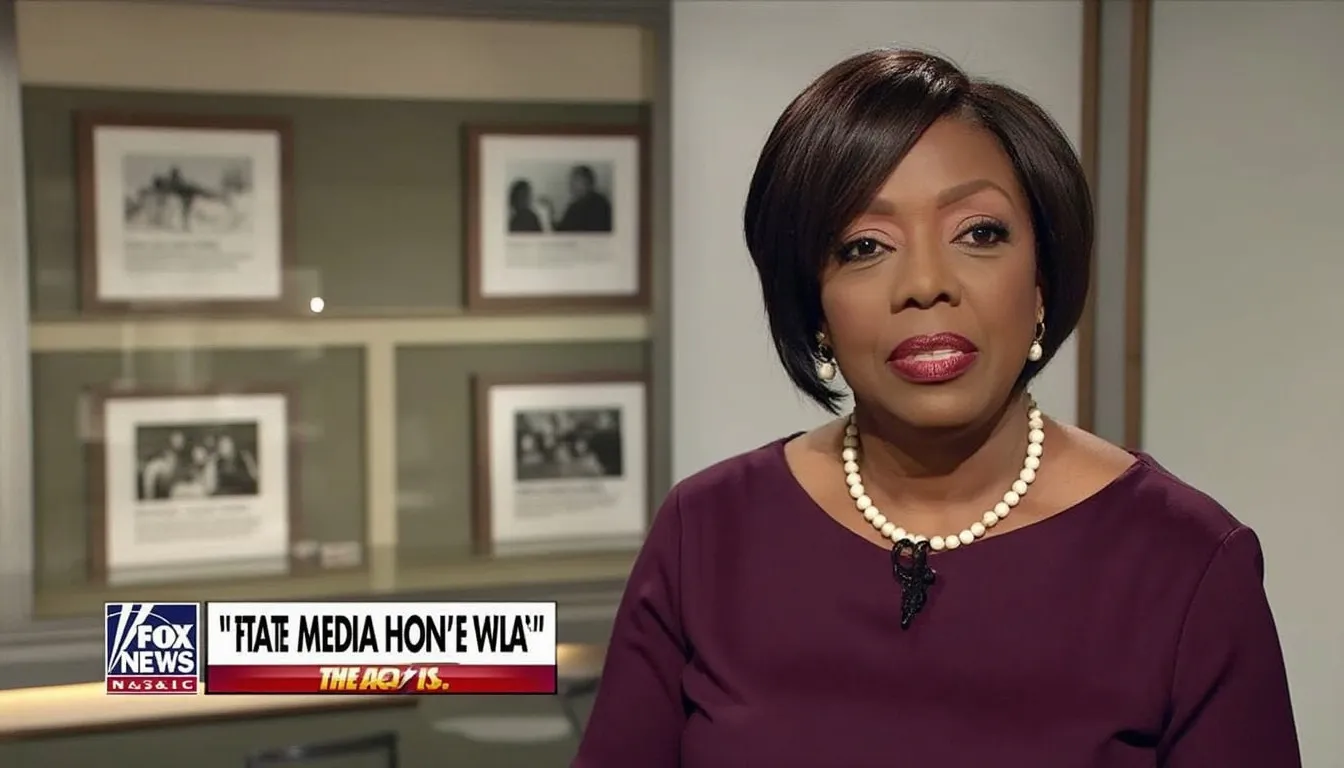
Prime Instance of State Media Bias: Joy Reid Criticized After Defending Criminal Immigrants
MSNBC host Joy Reid has come under fire following her controversial coverage of crimes committed by illegal aliens. A recent article from BizPac Review has accused Reid of downplaying or misrepresenting the issue, a move that has provoked significant backlash.
The article describes Reid’s segment as a peak example of state media propaganda, criticizing her for allegedly aligning her reporting with a particular political agenda rather than offering a balanced perspective. This accusation places Reid at the center of a heated debate about media bias and ethical journalism.
Central to the criticism is a dispute over the statistics Reid used in her coverage. Critics claim that the data presented by Reid, and other similar corporate media outlets, are flawed or misleading. This argument underscores a broader frustration with media portrayals of crime and immigration, which many feel are manipulated for political ends.
The public reaction to Reid’s statements has been overwhelmingly negative, with many commentators and viewers expressing their disapproval. Accusations of bias and propaganda have sparked widespread discussion about the role and responsibilities of media in reporting on sensitive issues.
This contentious subject sits within a larger political context, in which crimes committed by illegal aliens are a particularly divisive issue. The article suggests that media coverage of these incidents is heavily influenced by political biases, compromising the integrity and neutrality of the reports.
Furthermore, the article expands its critique to include the wider corporate media landscape. It alleges a systemic problem with how media outlets handle politically charged topics, such as immigration and crime, asserting that the pursuit of particular narratives often takes precedence over factual reporting.
This situation reflects ongoing tensions between media entities, public perception, and political dynamics, emphasizing the need for transparent and unbiased journalism.
